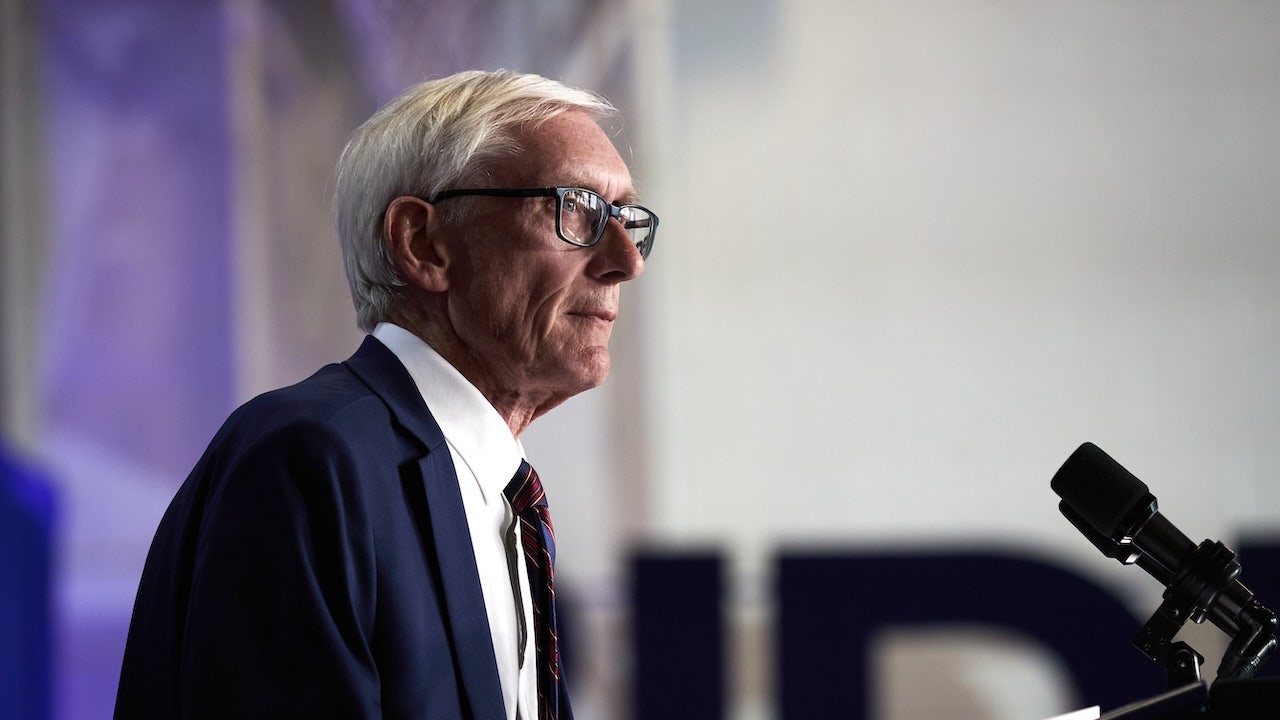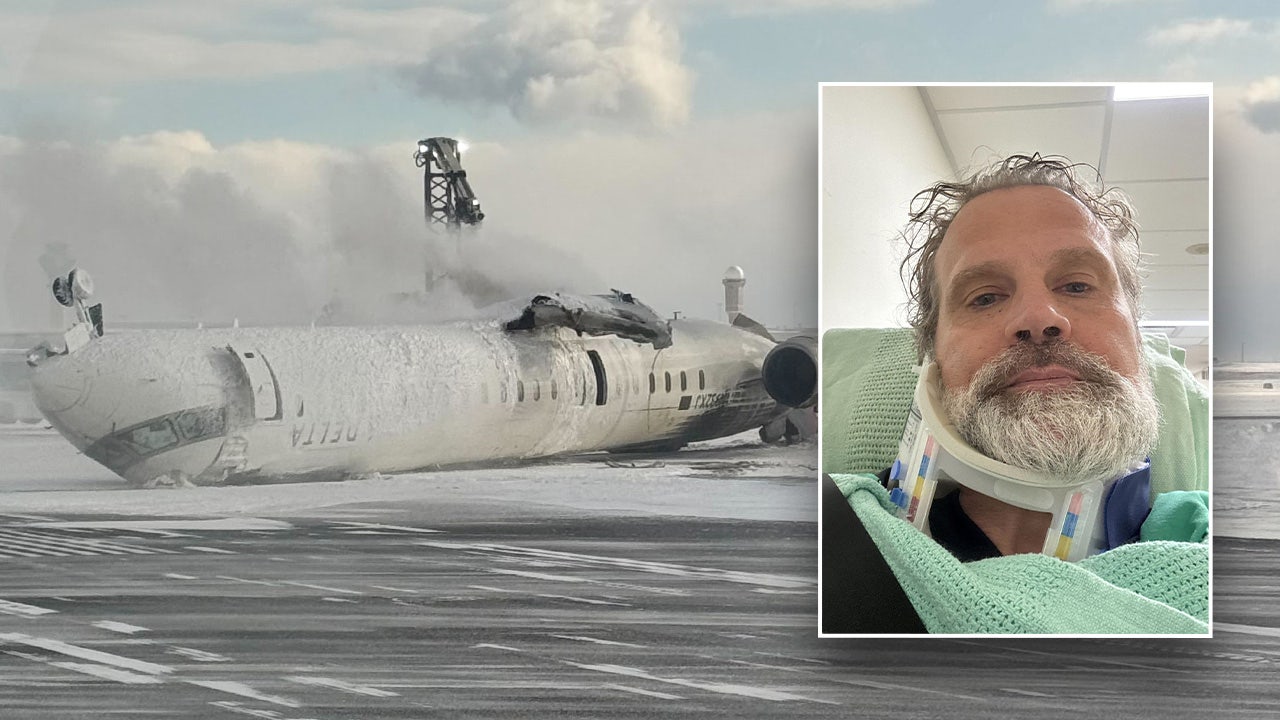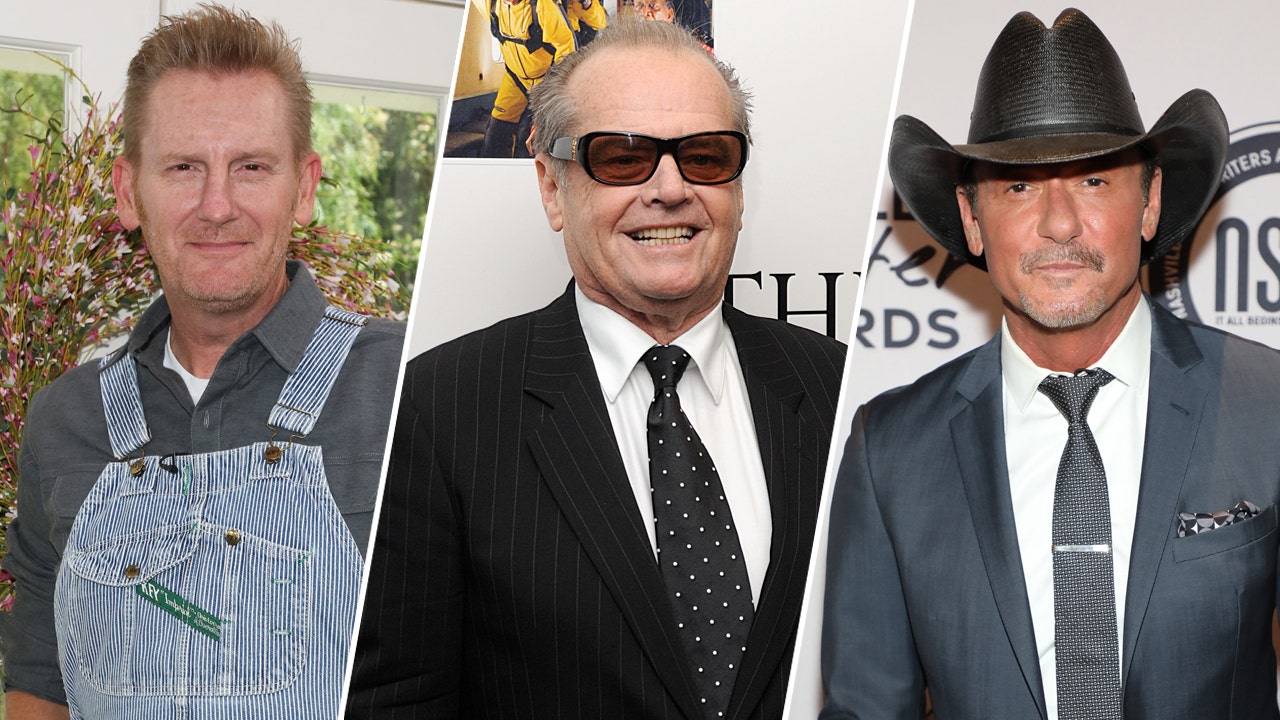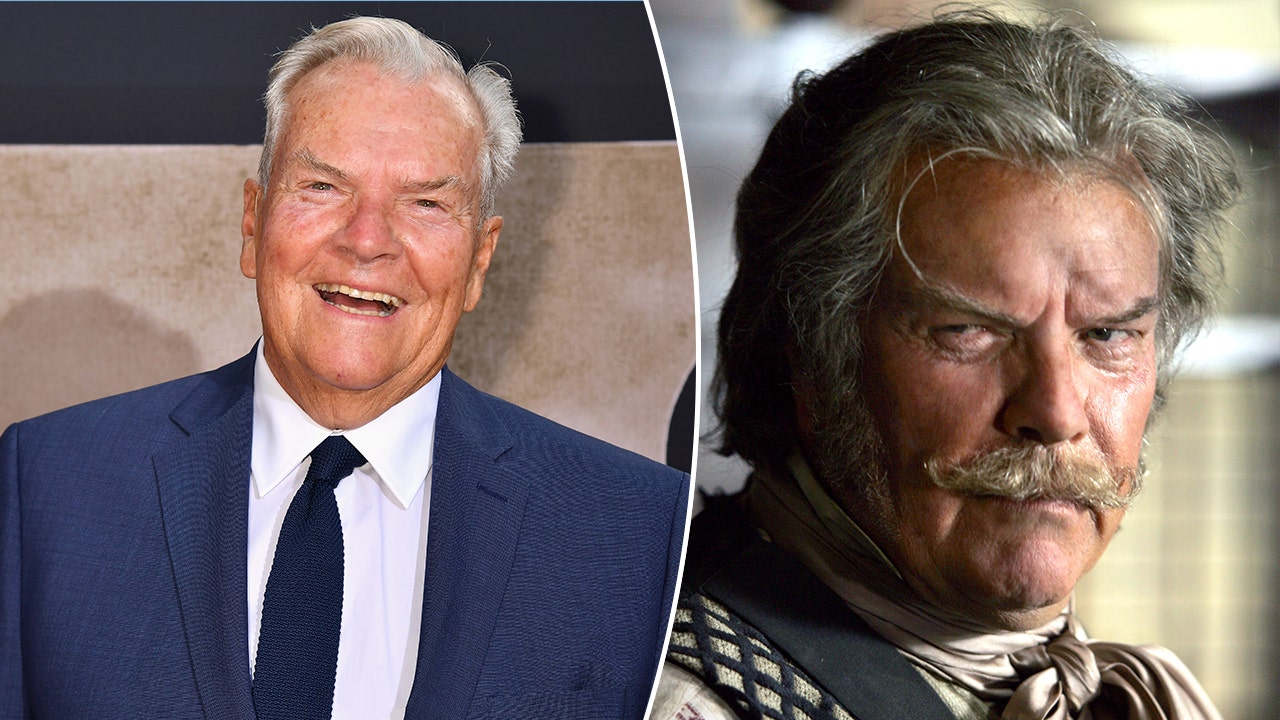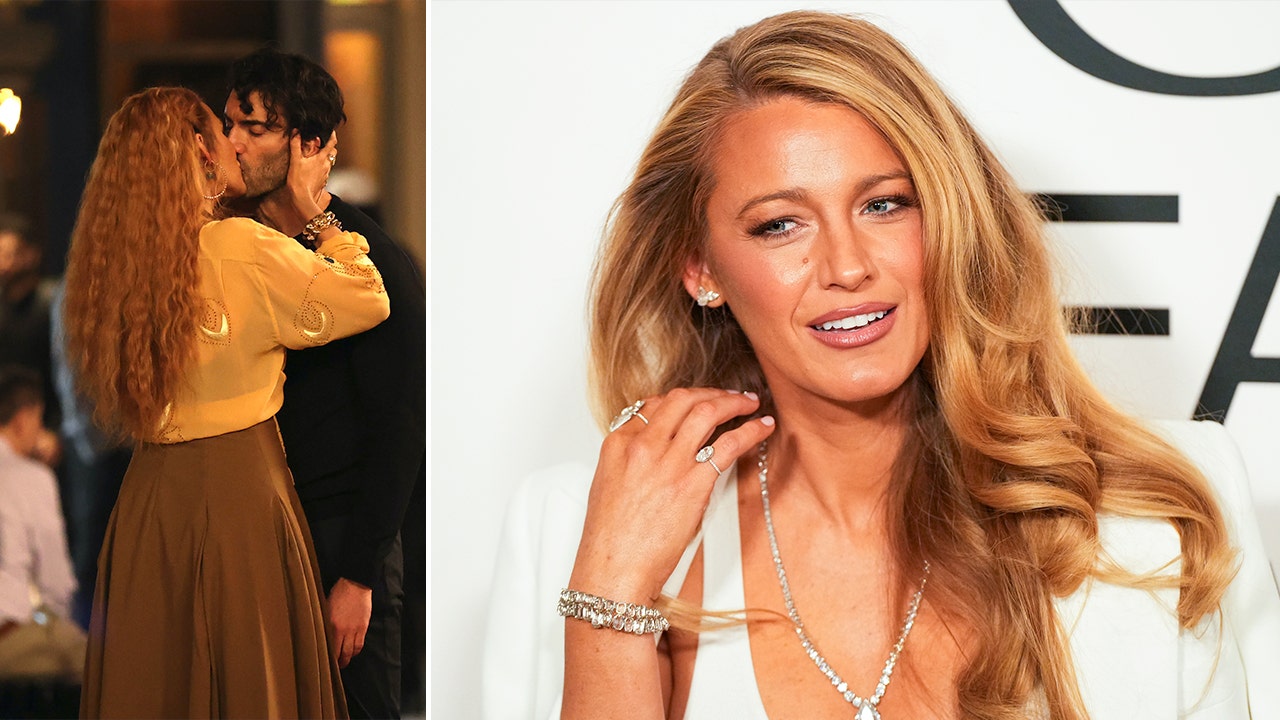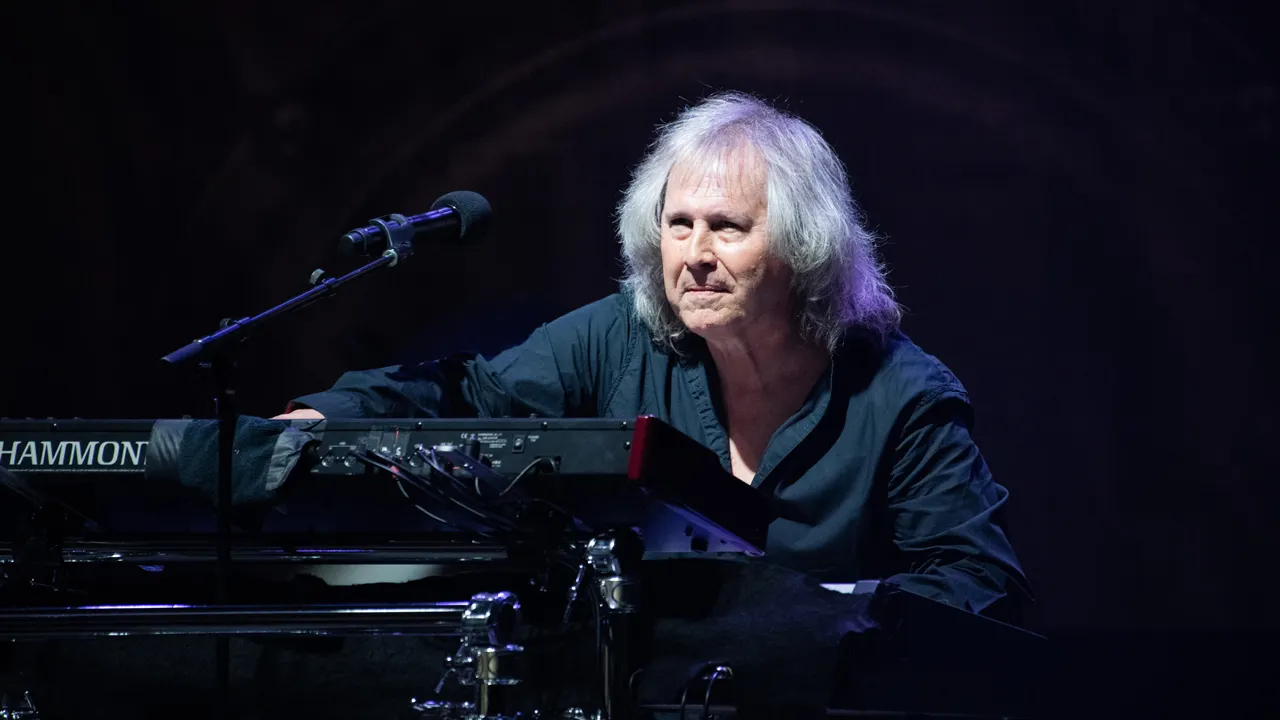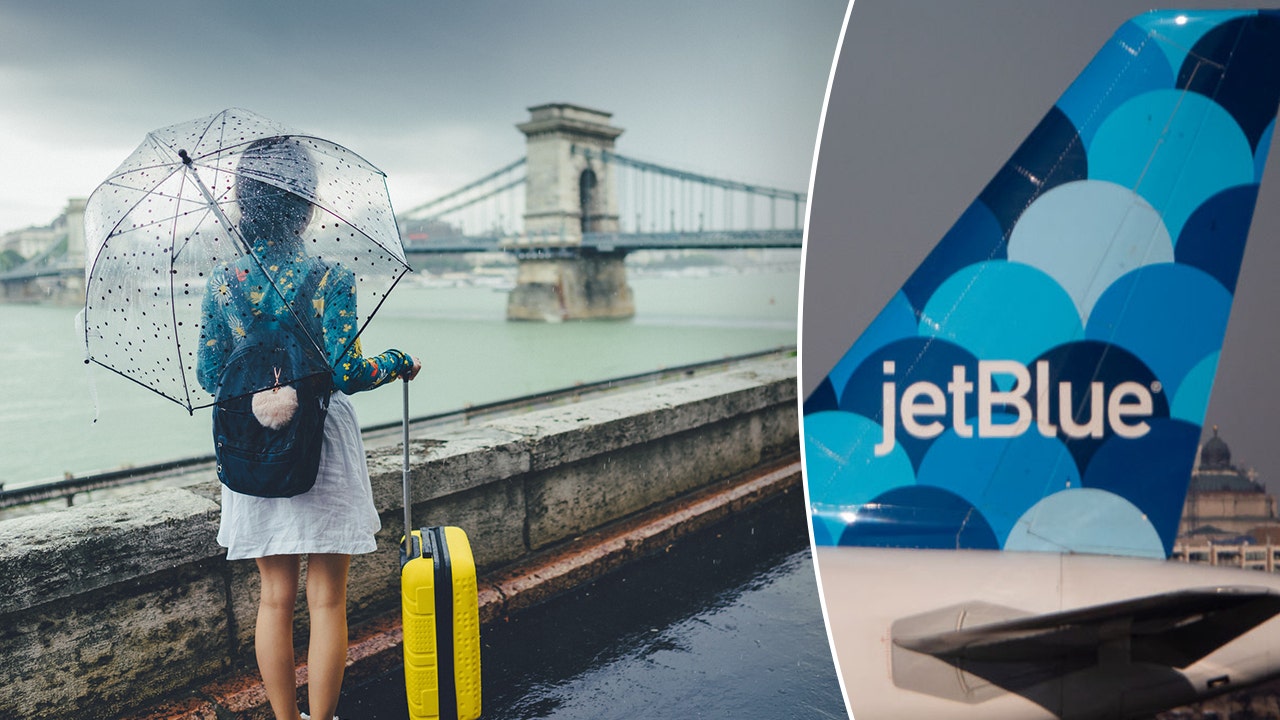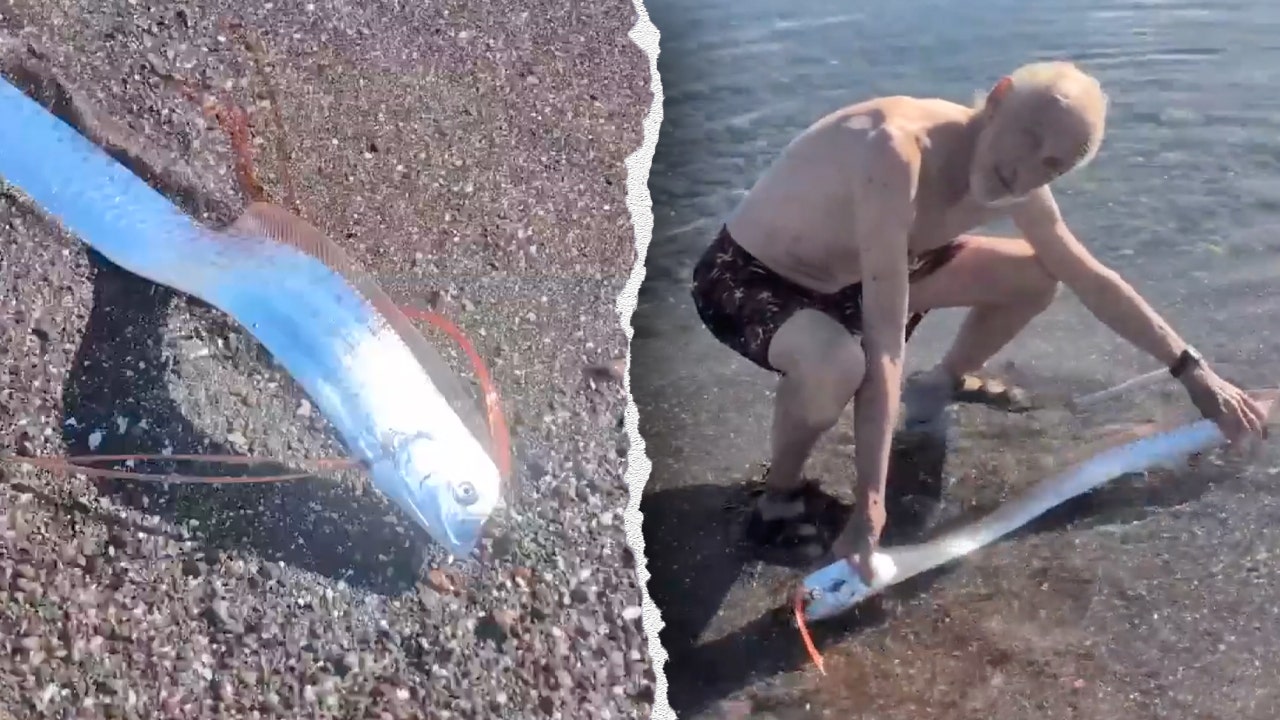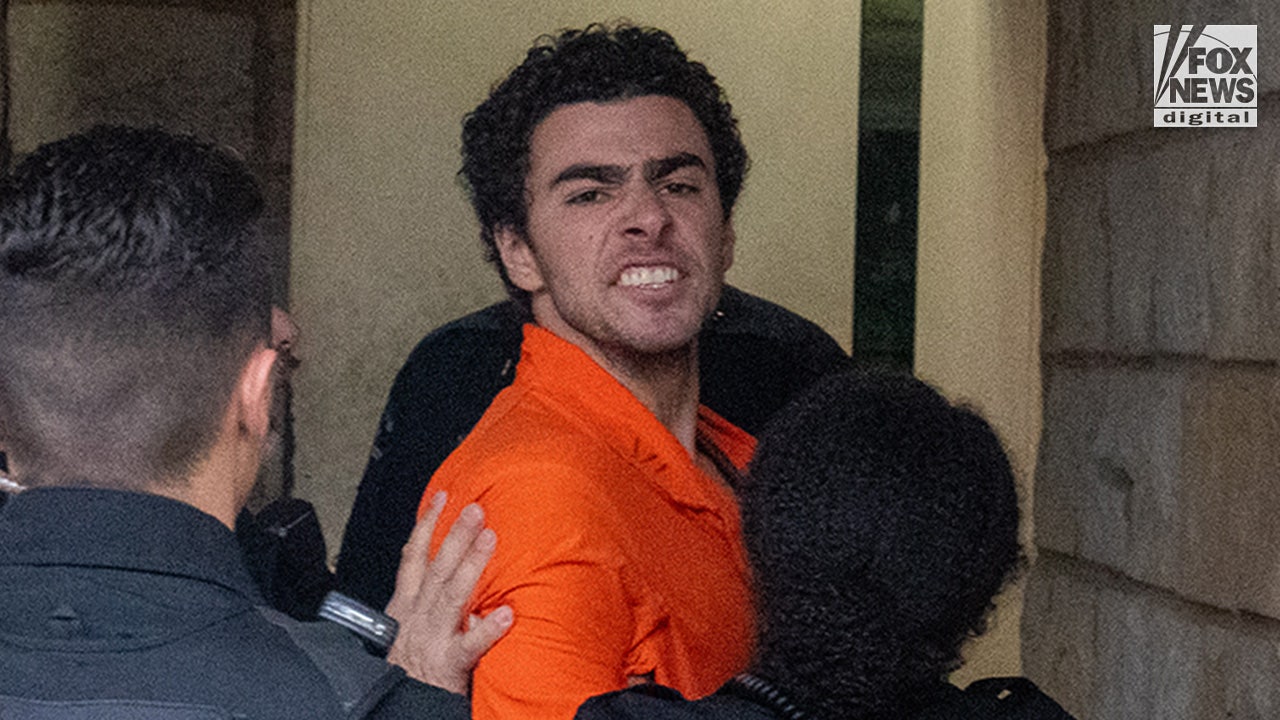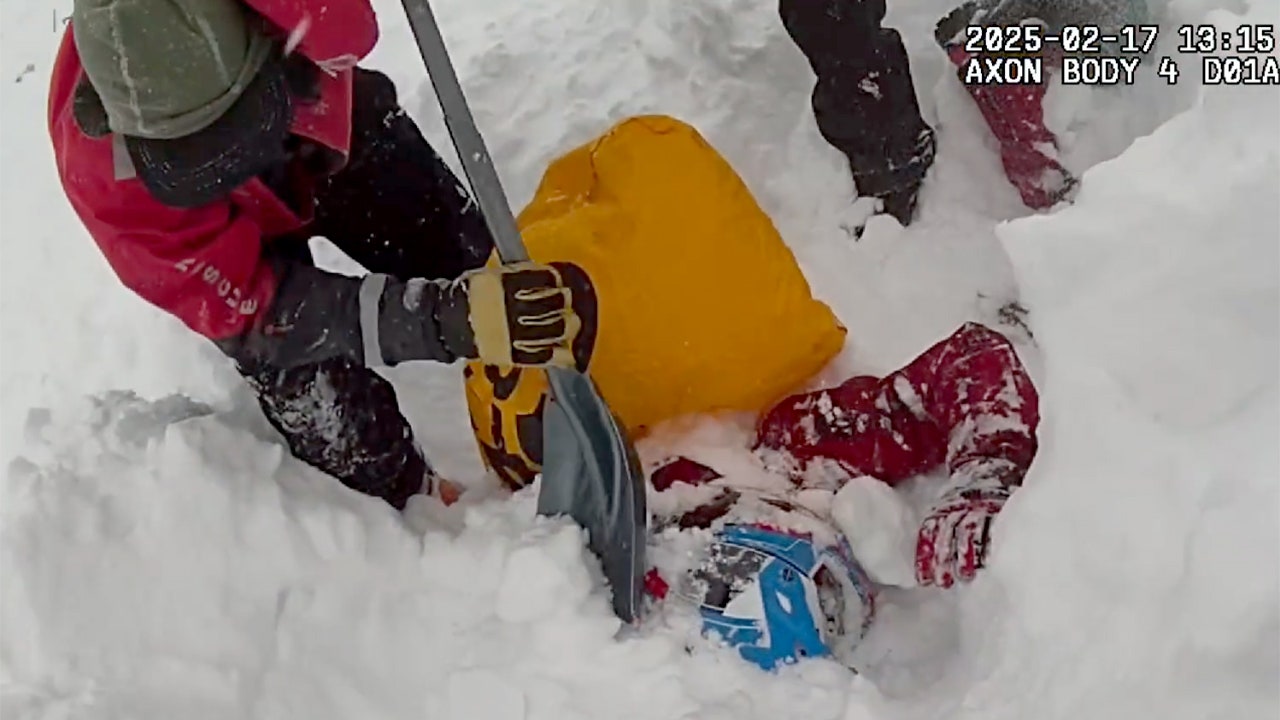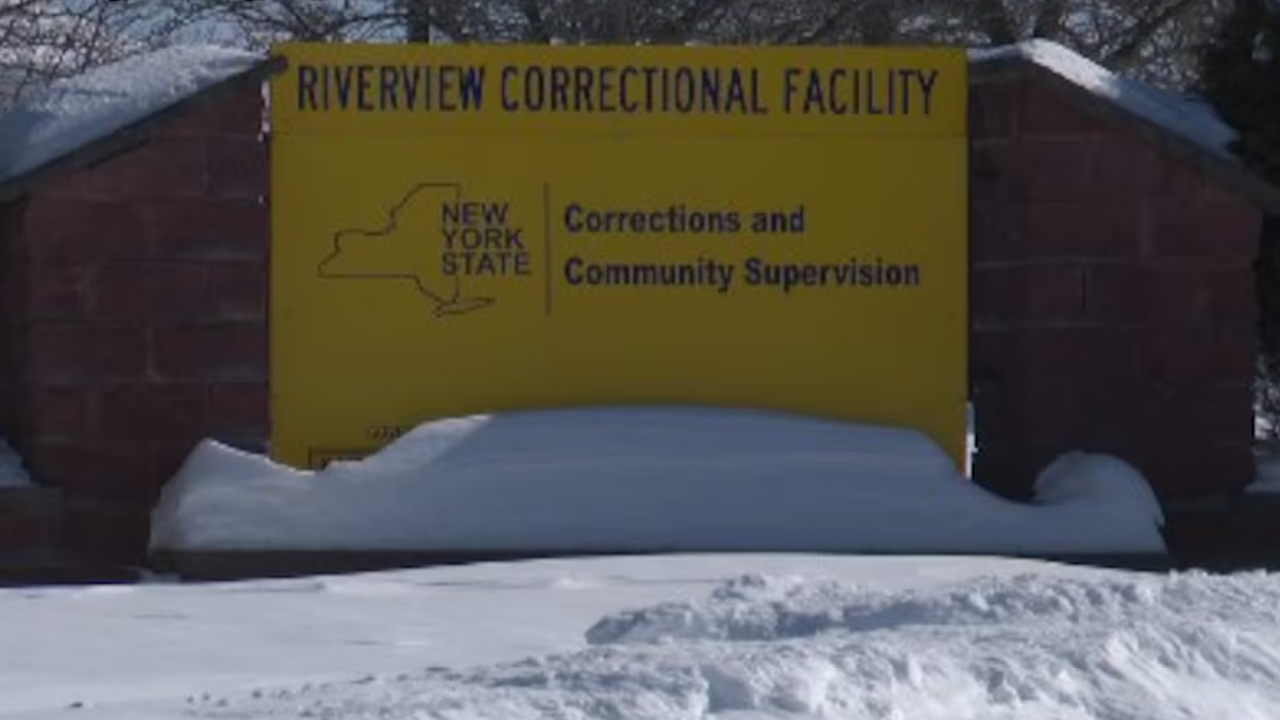UnitedHealthcare CEO Murder: The Potential for Federal Charges Against Luigi Mangione
Mangione was arrested by police in Altoona, Pennsylvania, on Monday morning after a five-day manhunt when a McDonald’s patron recognized his face from wanted posters.
Mangione, who has an impressive educational background as an Ivy League graduate, now finds himself embroiled in legal turmoil. On Tuesday, he declined to waive his right to an extradition hearing in a Pennsylvania court, with his attorney announcing plans to file a writ of habeas corpus to dispute his arrest. Together, Bragg and Blair County District Attorney Peter Weeks are actively pursuing the legal process to transfer the 26-year-old to New York.
While the spotlight casts a harsh glare on Mangione, attorney Trusty hinted at the prospect of federal charges emerging from the digital data stored on the laptop seized during his arrest. In a legal system designed to navigate the complexities of crime, federal authorities have the means to pursue murder charges, especially in scenarios where the crime intertwines with organized crime or other serious violations.
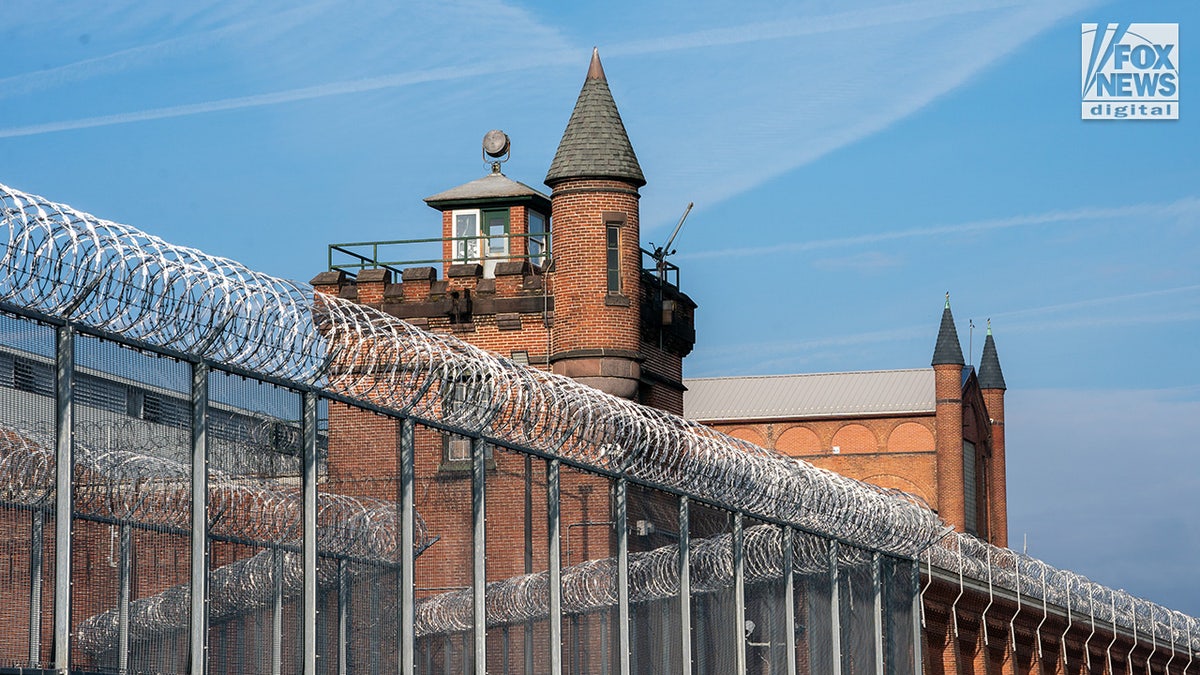
However, a federal murder charge would necessitate making a compelling case that Mangione’s actions were part of something larger, something more sinister—perhaps connected to drug trafficking or organized crime. Yet, Trusty suggests the likelier outcome may be a far less severe punishment. Sentences for federal charges might result in just a year or so behind bars, leaving many to ponder the effectiveness of such legal actions against serious offenses. Would that truly deliver justice?
On Monday, Fox News contributor Andrew McCarthy expressed skepticism regarding Alvin Bragg’s ability to handle Mangione’s prosecution adequately. He questioned whether a prosecutor, perceived to be aligned with progressive ideals, could fairly adjudicate a case involving a radical leftist allegedly perpetrating acts against a figure of capitalism. Such considerations leave one wondering: how much of law is truly blind? How much of it can be influenced by societal narratives?
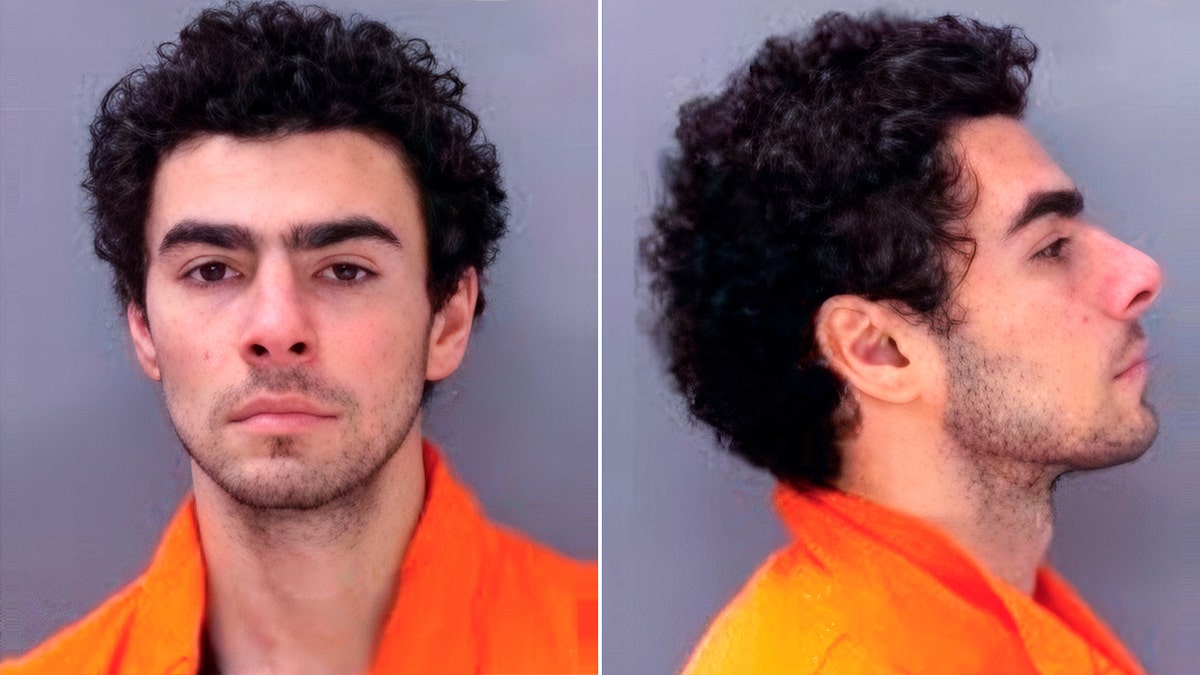
McCarthy further noted potential interest from a forthcoming Trump Justice Department in utilizing the Travel Act, a historical tool for prosecuting organized crime. This offer of a lifeline of sorts to take the case away from Bragg raises significant questions about the priorities surrounding justice. What would such a shift in jurisdiction mean for the moral fabric of the prosecution?
For Mangione, fate hangs precariously between state and federal courtrooms. Trusty warns against overreaching for federal charges unless it emerges that Mangione acted in concert with an organized crime syndicate. Even an unexpected trigger, like a gun deemed a ‘ghost gun,’ could complicate matters further, providing a legal safety net amid chaotic circumstances.
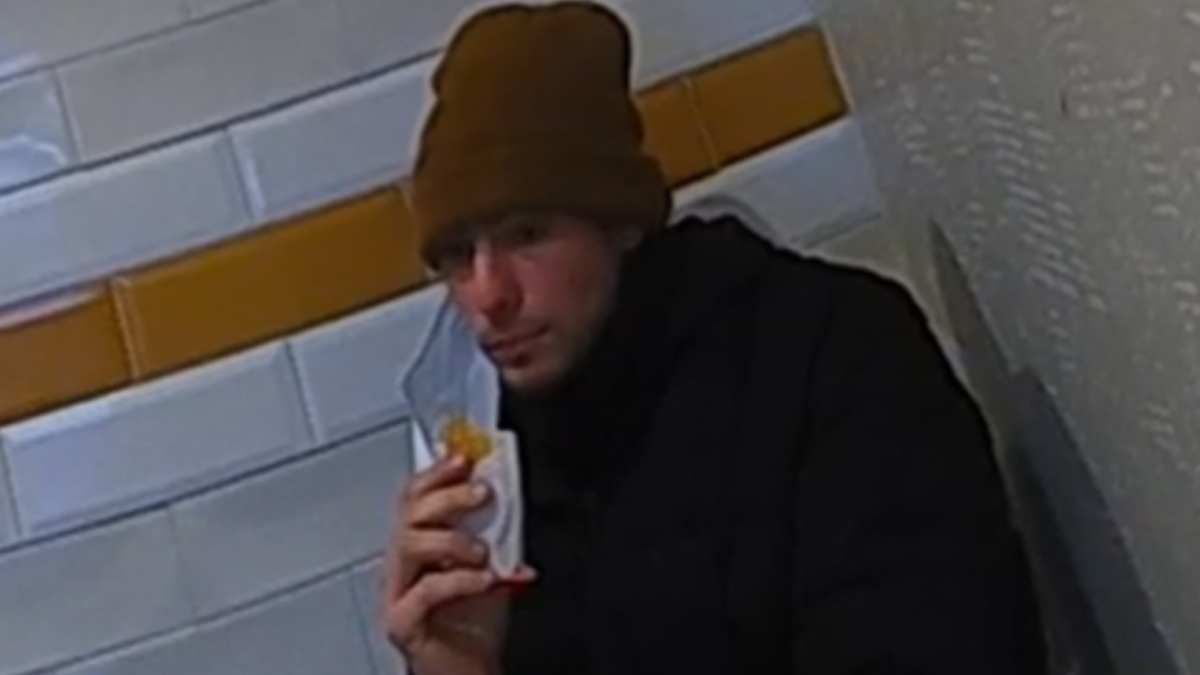
Yet even with the prospects looming, Trusty believes the likelihood of a federal race is “highly unlikely.” The necessity for a deeper connection to organized crime makes it clear: legal definitions can create barriers even amid senseless tragedy. The legal conundrums only amplify the emotional weight of the situation and raise numerous moral inquiries, leaving many to reflect on the systems designed to uphold justice.
As the saga continues, the landscape remains fraught with political ramifications, heightened tensions, and shadowed motives. With each development, questions of integrity and justice echo louder, prompting a necessary dialogue about the role of legal systems within societal structures. The unfolding narrative isn’t merely a spectacle of crime; it’s a representation of profoundly complex human conditions and choices.


